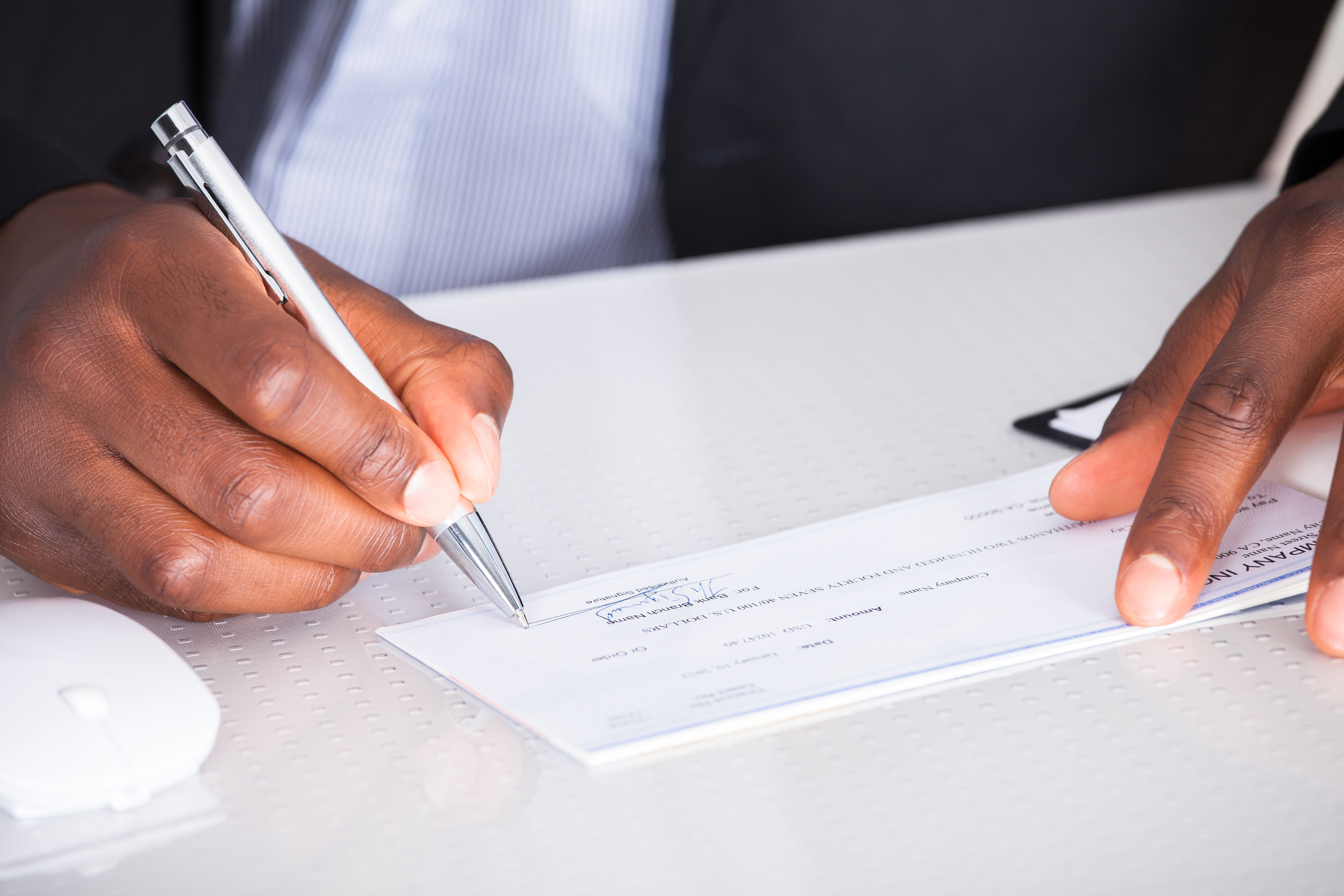News
Death of the signature: one in five Brits don’t have a consistent way of signing their name

Creating a signature used to mark a move into adulthood. You’d perfect it on your school note books and proudly display it on a cheque or the back of a debit card.
But research suggests the hand-written signature is dying out thanks to the arrival of PIN codes, passwords and fingerprints, and the demise of cheques.
A national survey of 1,000 adults found 55% rarely use their signature, while 20% sign their name so infrequently they can’t produce a consistent signature.
Younger people are even less inclined to have a standard way of signing their name – 21% of 18-24 year olds don’t have a consistent signature, according to the survey by cyber security consultancy Online Spy Shop.
The majority of over-55s (84%) still have a signature but 7% can’t remember the last time they used it.
The study found four in ten signatures written in the UK are used to sign for deliveries and 10% account for parenting related paperwork such as school consent forms and homework diaries.
Steve Roberts of Online Spy Shop believes signatures could still have a place for a while, despite advances in encryption and security.
“I don’t think it’s quite the end of the written signature, but I certainly believe the days of youngsters perfecting a unique, hard-to-copy autograph to use in adulthood will be a thing of the past, if it isn’t already,” he said.
“Although in the EU, digital signatures are legally as legitimate as hand-written signatures, the latter is still standard proof of consent in many scenarios, so I’d recommend people take care to ensure their signature isn’t easily-copied, just in case.”